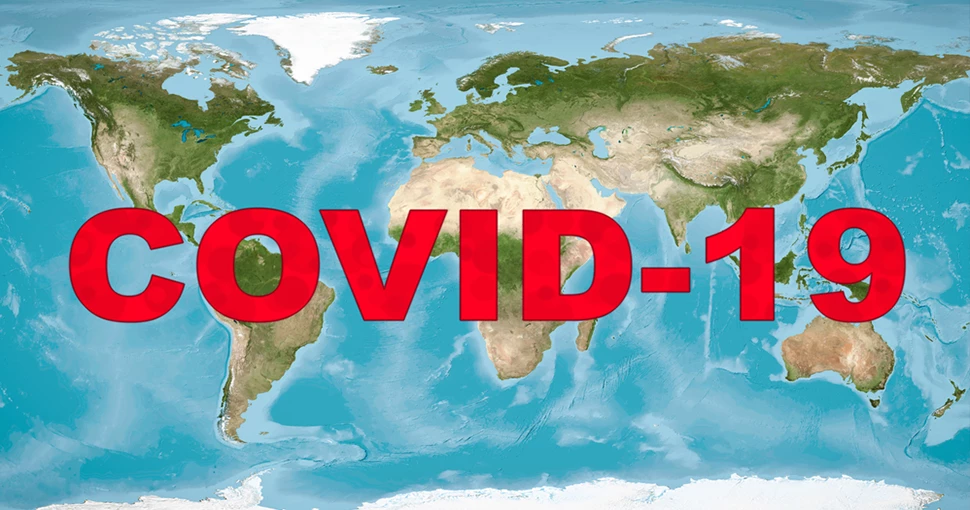
In the beginning of March, when countries outside the East Asia region were still in the early stages of the COVID-19 (coronavirus) pandemic, the Trust Fund for Statistical Capacity Building (TFSCB) acted immediately to support projects that would help countries respond to the rapid spread of the disease.
With the support of its Internal Management Committee (IMC) and development partners, the TFSCB Administration Unit decided to open a call for proposals aimed at providing timely and urgent support for the improved availability, quality, and use of data by countries in their response to the pandemic.
For efficiency, the call was open through April 14 and after the IMC's rigorous reviews of each proposal, the TFSCB committed $1.2 million to support two areas—high-frequency phone surveys and use of alternative data sources—that will address urgent COVID-19 impacts.
The projects were enacted within two weeks of the IMC decisions, and we are happy to make an announcement on the TFSCB's agility to provide much needed support quickly.
Phone survey projects
From near-real-time household and enterprise high-frequency to the Computer Assisted Telephone Interviews (CATI) program, the regional projects will monitor the impact of COVID-19 on people, especially the poor and vulnerable population in a timely and cost-effective manner. All of the projects will ensure a harmonized approach and knowledge sharing to strengthen the existing regional cooperation and strategy. The collected data will monitor the direct and indirect socioeconomic impact of the pandemic and inform policy responses across the World Bank program countries. Each project will be implemented based on country-specific needs, but some of the projects' outcomes will include a baseline knowledge about the novel Coronavirus and protective behaviors, information on shocks households face in health, labor, and commodities areas, and how households cope with reduced incomes. Some other projects will include Syrian refugees living both in refugee camps and non-camps, who represent a significant and highly vulnerable population amid the outbreak.
The TFSCB will also support a remote training program on the implementation of phone surveys to monitor the socioeconomic impact of the Covid-19. This project will produce an e-learning course on the methodology of phone surveys and compile lessons learned from the projects. It plans to increase the capacity of selected Regional Statistical Training Centers (RSTCs) to train staff from National Statistics Offices NSOs and line ministries on the implementation of phone surveys.
Alternative data sources project
By using alternative big data sources such as Nighttime light data, Twitter, and LinkedIn, the project will provide policy makers and development partners with open data products and tools that produce more granular and near real-time insights toward economic trends in growth, poverty, trade, and labor market conditions for COVID-19 Economic Recovery.
We're committed to sharing each project's progress and lesson learned and assessing how the TFSCB's rapid support helps countries to respond in this unprecedented time of crisis. Stay tuned for our next blog, where we'll discuss how the 87 pre-existing active projects in the TFSCB pipeline are working to ensure successful implementation throughout this challenging time.
For more information about TFSCB, please visit our website.
The Trust Fund for Statistical Capacity Building (TFSCB) is supported by the United Kingdom's Department for International Development, the Government of Korea, and the Department of Foreign Affairs and Trade of Ireland.



Join the Conversation